I just got a free vacation in sweltering Venezuela (figuratively and literally), courtesy of my government. If it wasn’t for the panicky decision-makers of that “office meant to protect Filipinos overseas,” I would have already been on my way back to Manila, having finished my posting in Mexico on 31 March 2014. Instead, here I am in the land of the Bolivarian Revolution because some people thought it was on the brink of falling down. They foresaw an imminent evacuation of my compatriots because of the on-going troubles (erroneously, I believe).
Here’s how it started. People in the aforementioned office, having watched the news on CNN, decided that raising the alert level to 2 (which means: prepare to evacuate) was a sensible thing to do. “The news stated that shots have already being fired,” they said. Except that in Venezuela, shots are being fired every 21 minutes that result to a homicide.
My embassy has jurisdiction over Venezuela. Without any proof to back up its decision, the embassy concurred with the alert level increase. This precipitated a comical series of events that brought me to Venezuela. Manila organized a press conference announcing to all Filipinos in Venezuela to prepare for evacuation. The news spread like wild fire in the internet. Relatives of Filipinos working in Venezuela began to worry.
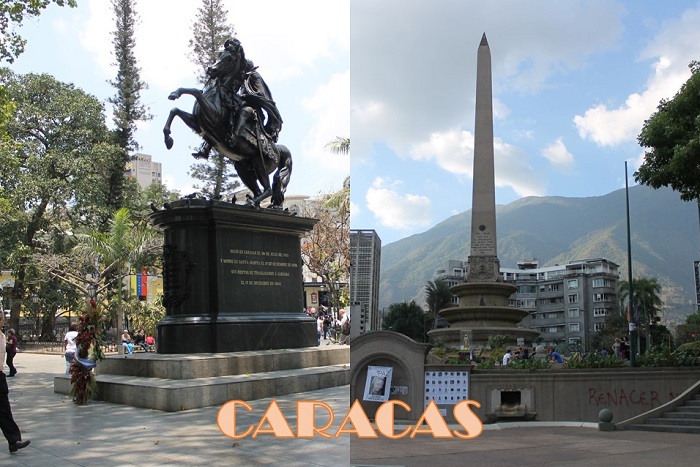
A team was hastily sent to Venezuela just for the heck of it. Unfortunately, that team could not deliver the required result. They could not prepare a coherent repatriation plan. This cannot be written without knowing the location of the Filipinos in Venezuela and scouting the possible exit points.
Meanwhile, those in Venezuela or those who were in the know exclaimed: “Are you all out of your mind?” Nobody else had an alert level that high at that time. Not the US Government, whose diplomats were earlier thrown out by the Venezuelan Government for supposed meddling.
The failure of the initial survey team meant that another survey had to be made to prepare the repatriation plan. It just so happened that I was the only person in the embassy who had experience in repatriating overseas Filipinos, which I did during the aftermath of the earthquake in Haiti. So, I was called upon to go to Venezuela even though I was enjoying my vacation in the Andes.
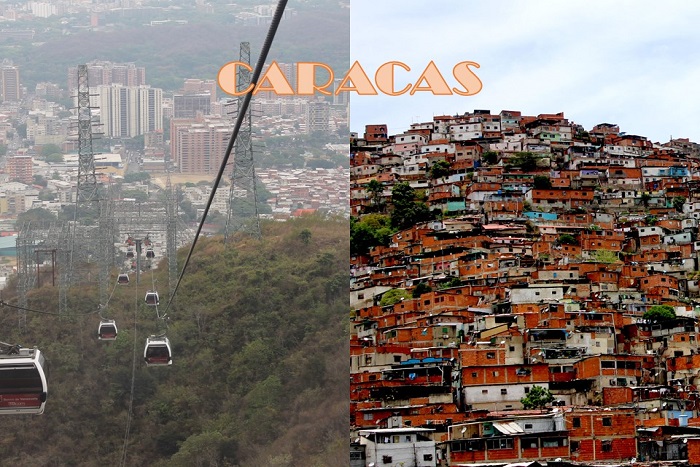
But, going to Venezuela was simply an opportunity that I wasn’t willing to pass up. So, there I was in Venezuela covering a false crisis. As they say, behind any crisis is an opportunity. For me, it was the chance to visit Venezuela for free – hyperinflation and all. So, the Chino (as they called me in Venezuela) took the opportunity to enjoy the once-in-a-lifetime free vacation in an exotic locale.
Presenting myself as a press photographer to let me get close to the picket lines, I was able to see the unfolding events right in the front lines. I could get away with being in both contending sides without arousing suspicions. The police thought I was a friendly face from the Socialist brother regime in Asia, while the student protesters thought I was from the indigenous wilds of the Andes who joined their cause.
Either way, I was safe. I was not considered a threat by both sides. I was looking for hotspots, not avoiding them. The best tool to keep myself informed of unfolding events was Twitter (using a burner account). The established media in Venezuela (except for a few brave daily newspapers) have all been silenced into submission by the regime.
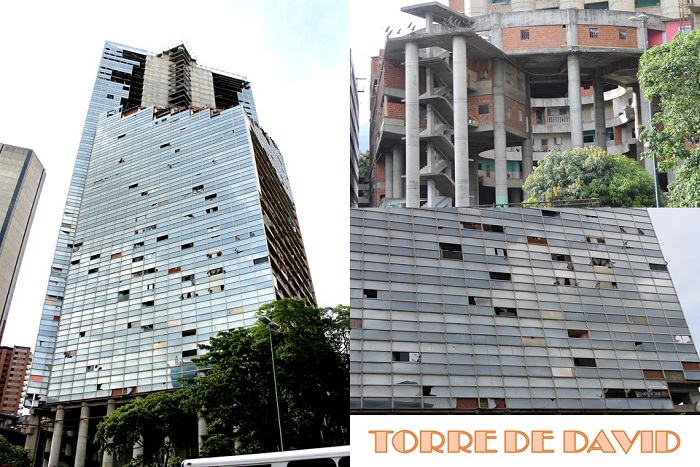
The student protesters were clearly over-matched by the police. They lack the tactics, the equipment, the know-how, the poise, and the overwhelming numbers to win a struggle like this. There is just too much fear for the motorized police, which has become some sort of psychological weapon being utilized by the police to sow fear among the protesters. The students also do not watch their flanks, making them vulnerable to incursions and envelopment from the blind side.
This is not a Venezuelan Spring. The Venezuelan society at-large has let down the brave students by not showing up in their support. There is palpable discontent against the regime but it has not translated to a popular outcry. Not just yet. There were more spectators than the police and protesters combined in every observed skirmish. These are called the “ni-nis,” meaning neither for or against. They are basically what you call as the indifferent sector of the Venezuelan society. They also happen to constitute the majority. They easily outnumber the Chavistas and the opposition combined. Without the massive crowd behind it, the students are fighting a losing battle.
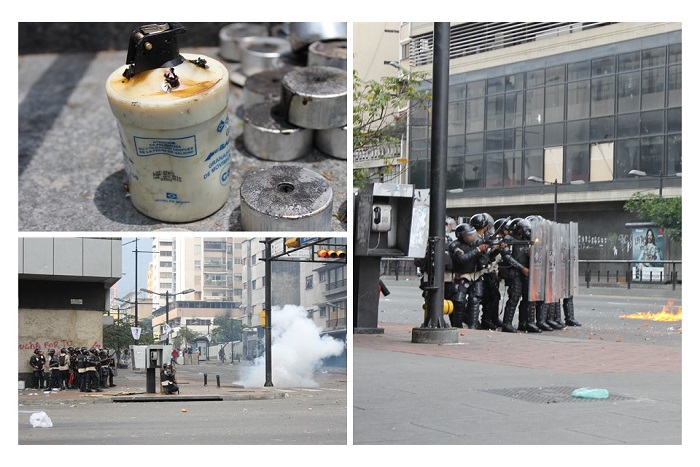
There is no way the student protesters could beat the security forces in a long-term battle of attrition. As it is, the students are beginning to show signs of protest fatigue. Meanwhile, the opposition politicians, people who have not been the major players in the unrest, betrayed the students for a chance to be on a televised dialogue with the regime, except that the latter had no plans of giving in to any compromise from the very beginning. It is very telling that the students have plastered this fateful grafitti: “your indifference is killing me.”
While the Maduro regime may just yet survived this “false emergency” and it is looking very likely that he would, it is not out of the woods yet. Nicolas Maduro (or should we say his de-facto politburo) have been doubling down lately on the dumb. He thinks a 51% advantage in the polls is an overwhelming mandate to follow the disastrous path Cuba has taken. Except that if not for free shipment of Venezuelan oil, the so-called Cuban Socialist Utopia would have already fallen down. Maduro wins this round. Thanks to the sheer brutality of the pro-government militias and security forces. However, it remains to be seen if he would win the long-term battle.
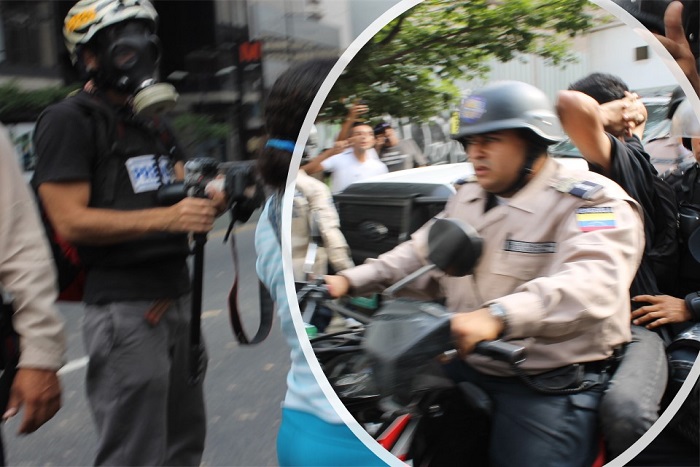
Meanwhile, Chino thinks to himself: “this is actually pretty exciting.” Perhaps, it is time to look for a different career path.